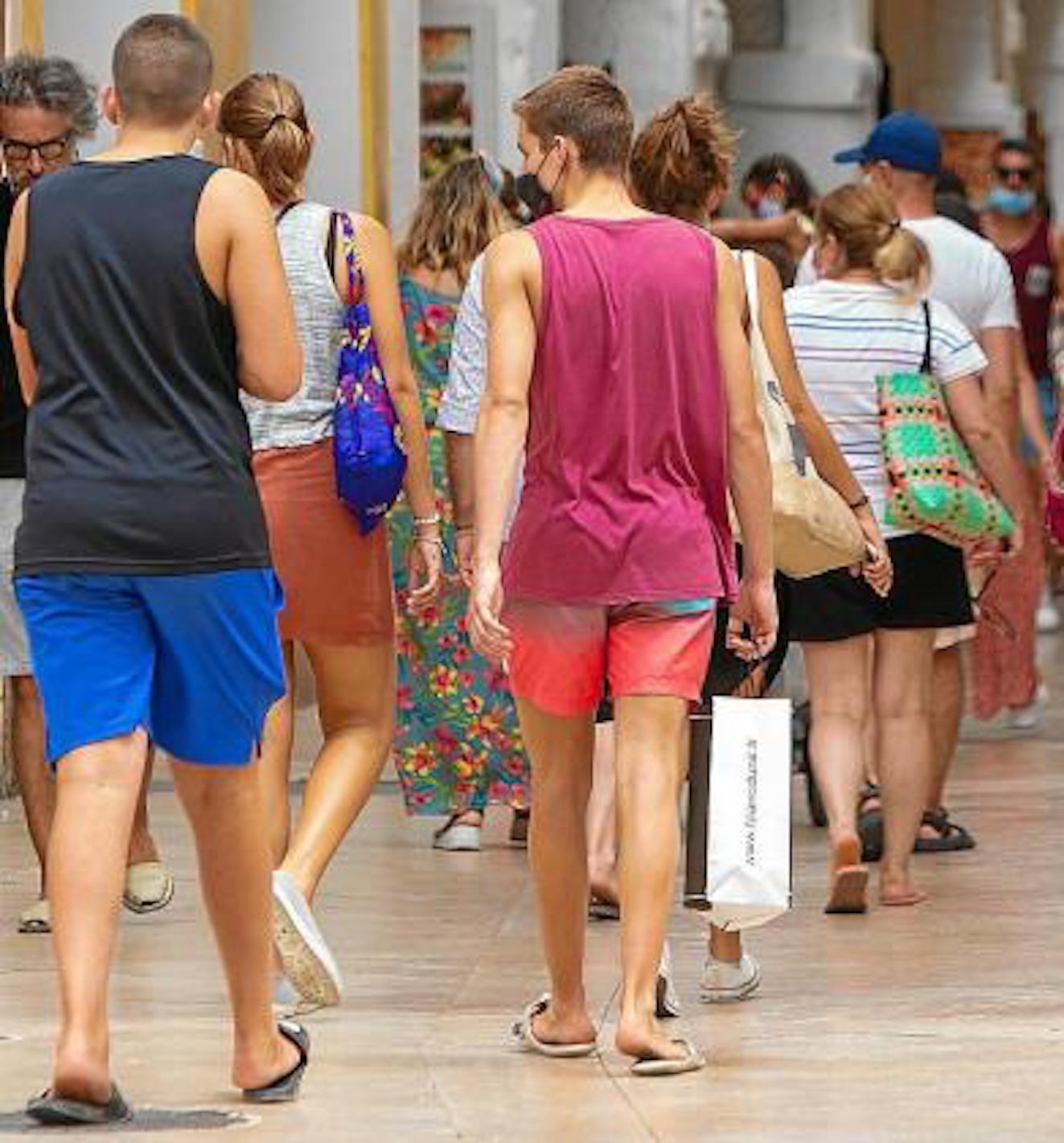“Challenging the norm is a characteristic of young people and adolescents, for whom it is essential to “flee from the imposition and messages of fear and when the message of fear is too great, they tend to ignore it, which is what happens with some aggressive tobacco campaigns,” according to Oriol Lafau, Head of the Mental Health Coordination Department, who analysed why this particular group is not responding to Covid-19 pandemic warnings.
“It's essential to change the way we communicate with young people and adolescents; we are doing something wrong as a society when our messages do not arrive as they should,” he says. “The messages have to be short and reach the philosopher that every adolescent carries inside.”
Lafau says it’s more difficult to reach young people because they don't get their information from conventional sources.
“Rebellion makes them reject messages from parents, so they have to come from their peers and older people that they respect, such as grandparents,” he said. "At that age they don't read newspapers, watch the news on TV, or listen to the radio, so short messages, like tweets with visual and auditory support that come from influencers are better.”
Lafau points out that adolescents often feel like they “have to live on the edge" which he says explains the phenomena such as dating "to catch it" or "to challenge coronavirus,” but stresses that "young people are not 'the bad guys,” they are responsible you just have to know how to reach them."
Lafau, who’s a child psychiatrist, says the State of Emergency between March 14 and June 19 was not the same for the entire population.
“For young people and adolescents the passage of time is different, one day for us is equivalent to ten for them,” he says.
The outbreaks and increase in cases that have been registered since the lockdown ended can be explained in several ways.
One is methodological, more tests are being carried out now than in March and another is that there is more contact, especially amongst young people and adolescents, who left confinement believing that "the virus was not with them" when the reality is that it's not like that.
"We have hospitalised families with asymptomatic young children and young couples under 40 years old,” Maria Antònia Font, Director of Public Health, warned last week.
Two young people without previous pathologies were admitted to the ICU with coronavirus.
“They were infected at family or youth gatherings after meeting friends at a house, then more family members later,” said Font. “They are healthy and they have no symptoms and that is where the breakouts come from, so for this reason we must take extreme measures.”
Young people were forced to stop going to class and stay at home during lockdown and when they were eventually allowed to move around it was a much different world than they had never imagined.
Lafau says that will have an impact in the future, but not necessarily for the worse and points out that drug consumption is now lower than it was a year ago.


No comments
To be able to write a comment, you have to be registered and logged in
Currently there are no comments.